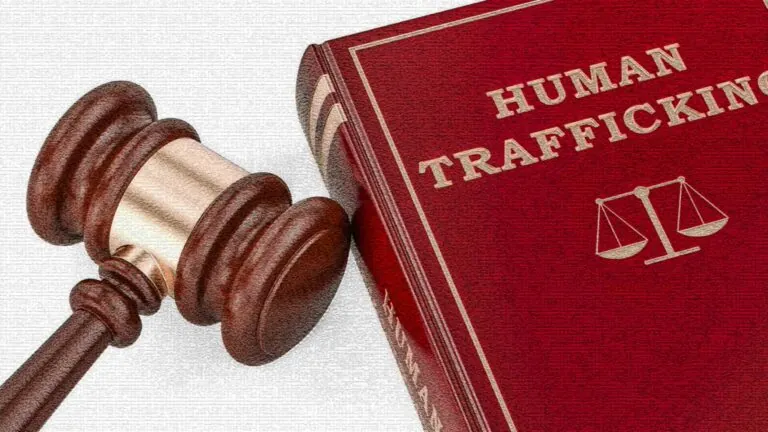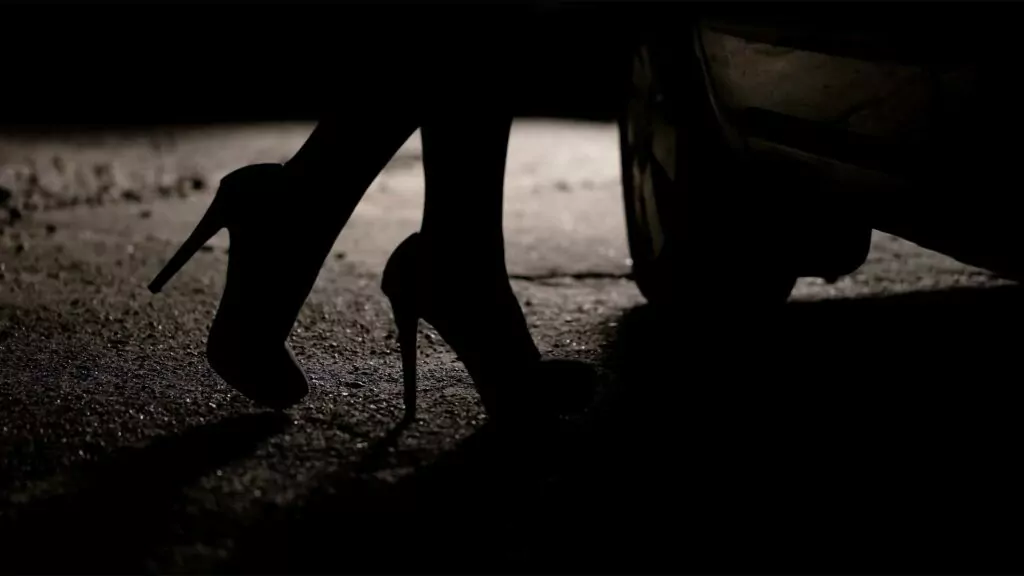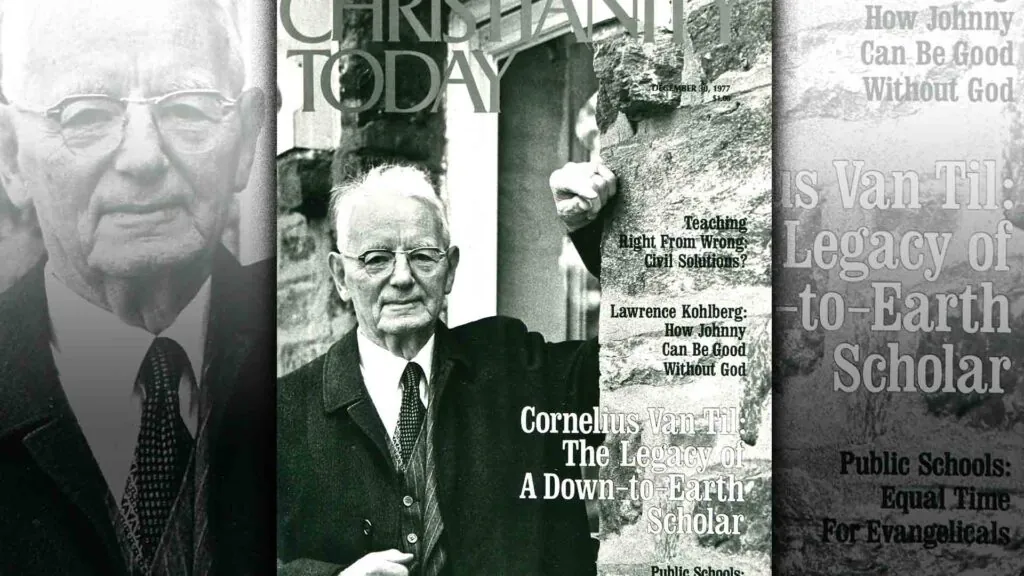In an important decision that didn’t get covered by the mainstream media this July, Canada’s highest court made a unanimous decision to uphold key parts of the country’s prostitution laws.
The law, passed in 2014, went after the Johns rather than the prostitutes, making it illegal to purchase sex, but not penalizing the selling of it. Why? The goal was to reduce the demand for prostitution while making it possible for those trapped in prostitution to leave without prosecution.
Mikhail Kloubakov and Hicham Moustaine worked as drivers for a sex-trafficking business and were charged under sections of the prostitution law relating to procuring people for prostitution and benefitting from the prostitution of others. They appealed this all the way to the Supreme Court of Canada, and also asking the court to declare the entire law to be unconstitutional, which could have left Canada with no restrictions on prostitution.
ARPA Canada teamed up with the Evangelical Fellowship of Canada (EFC) in a joint intervention before the court, arguing that the law be maintained to uphold human dignity and equality, and to expose the harm that results from commodifying sexual intimacy.
Lia Milousis, a lawyer who worked on behalf of the EFC and alongside ARPA’s lawyer John Sikkema, expressed gratitude for the decision. As she noted in The Acacia Arc newsletter,
“The Court notes that Parliament views profiting from the commodification of another human being’s sexual activity as inherently involving exploitation…. It deferred to Parliament, which I would say and the EFC and ARPA argued, is the correct approach.”
The law is also being challenged separately in an Ontario case, which ARPA is also intervening in.












